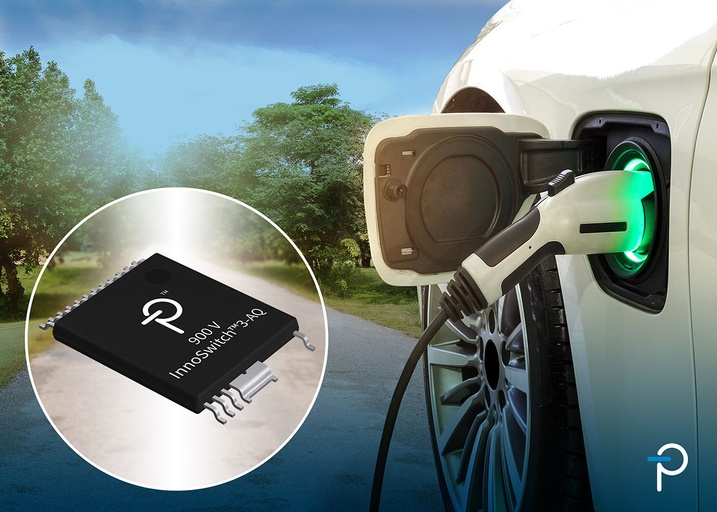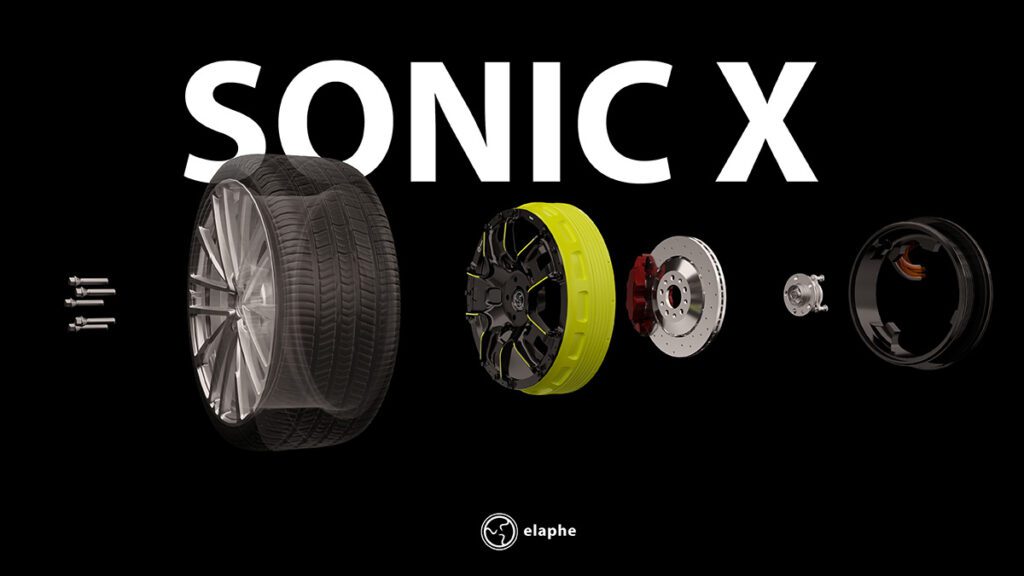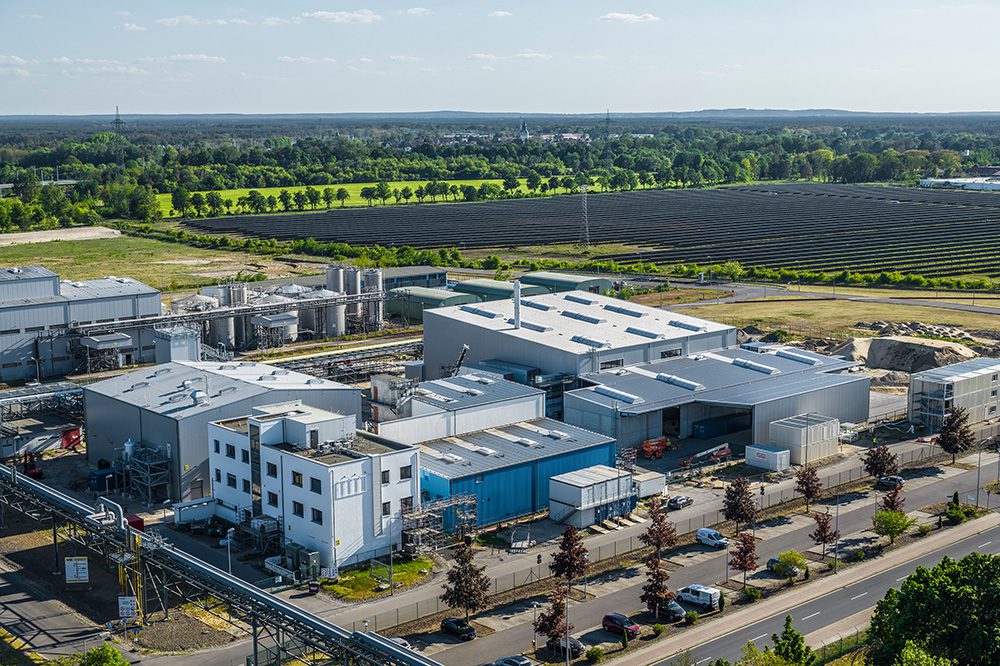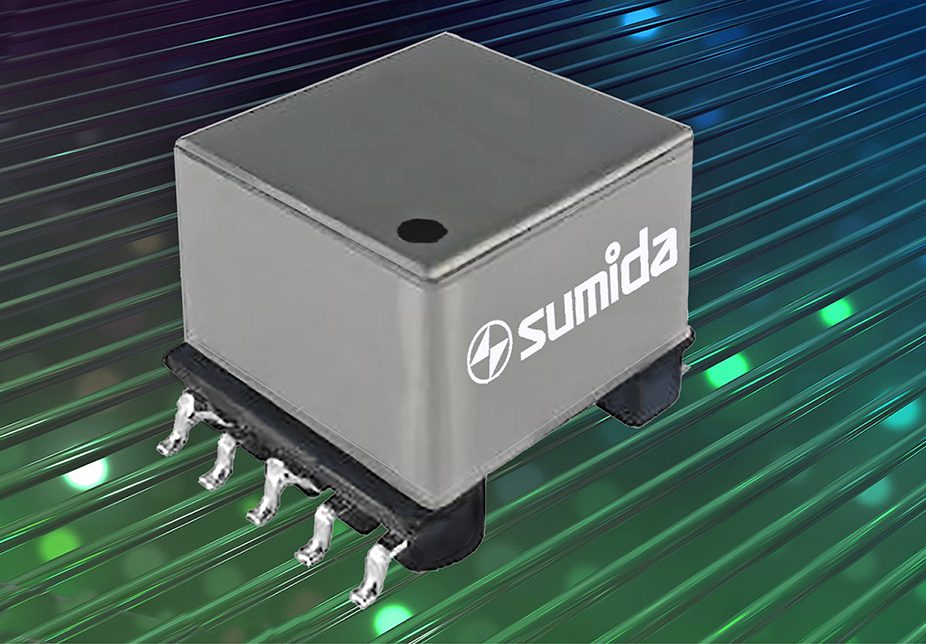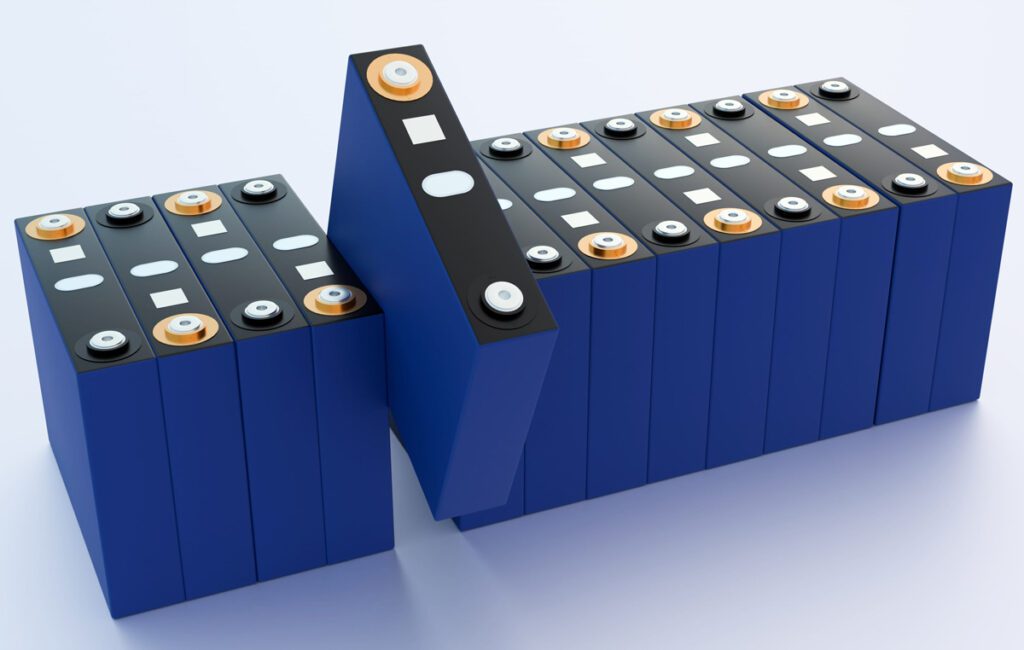The low voltage power architecture used in EV traction inverters drives control electronics and provides gate driver power for the main traction IGBTs/MOSFETs. It must also provide redundancy to meet ASIL requirements. This requirement represents a special challenge as it means the Emergency Power Supply (EPS) must operate from low voltage and high voltage sources requiring it to operate from 30 V to more than 400 V or 800 V (depending on system voltage).
Join this session at the Charged Virtual Conference on EV Engineering, presented by Power Integrations, to learn about a scalable solution, supporting both for 400 V and 800 V systems and significantly reduces part count and PCB area by eliminating additional DC/DC conversion stages. The solution delivers very high efficiency and does not require heatsinks or optocouplers.
Other sessions at our Fall Virtual Conference include:
Electrifying Heavy-Duty with an Intelligent Traction Drive System Solution
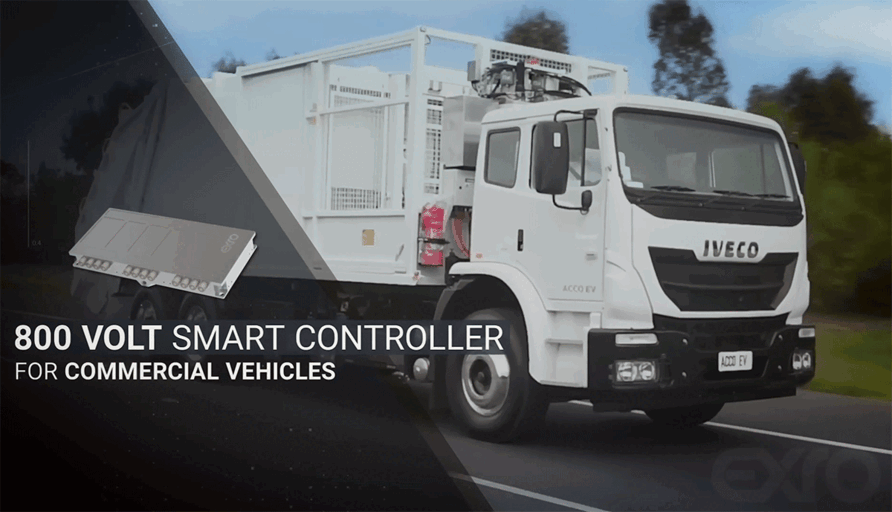
Transporting people or goods with heavy-duty vehicles accounts for 34% of US greenhouse gas emissions and about 70% of all US oil use. Electrification is key in the race to net-zero, but heavy-duty in particular faces technology obstacles.
In heavy-duty vehicles, weight is a top consideration. To date, to meet heavy-duty’s long-range needs, a heavier battery is needed, which requires greater energy and power output. Powertrain efficiencies, battery optimization, and creative charging solutions are essential in the transition from diesel to electric, and heavy-duty is ripe for disruptive, clean energy solutions that optimize performance and lower costs.
In this session presented by Exro Technologies, we’ll explore how an intelligent traction drive system integrates with standard direct-drive and axle powertrains and how intelligent coil switching optimizes the powertrain, enhances torque, improves performance, while reducing costs in heavy-duty electric vehicles. Plus, learn how next-generation technology can reduce the number of power electronics required, lowering overall vehicle cost and increasing efficiencies in weight and space in the vehicle.
Register here to learn more—it’s free!
See the full sessions list for the Fall Virtual Conference on EV Engineering here.
Broadcast live October 18 – 21, 2021, the conference content will span the EV engineering supply chain and ecosystem including motor and power electronics design and manufacturing, cell development, battery systems, testing, powertrains, thermal management, circuit protection, wire and cable, EMI/EMC and more.








